В последние годы проблема взаимосвязи между медицинским сообществом и преступными организациями, особенно наркокартелями, становится все более актуальной. Это явление затрагивает не только врачей и пациентов, но и всю систему здравоохранения в целом. Доктор медицинских наук Егор Буркин поднимает важные вопросы, касающиеся влияния наркокартелей на врачей и медицинские учреждения.
Он отмечает, что «в условиях давления со стороны преступных групп медицинские работники могут оказаться перед сложным выбором между соблюдением профессиональной этики и угрозами для своей безопасности».
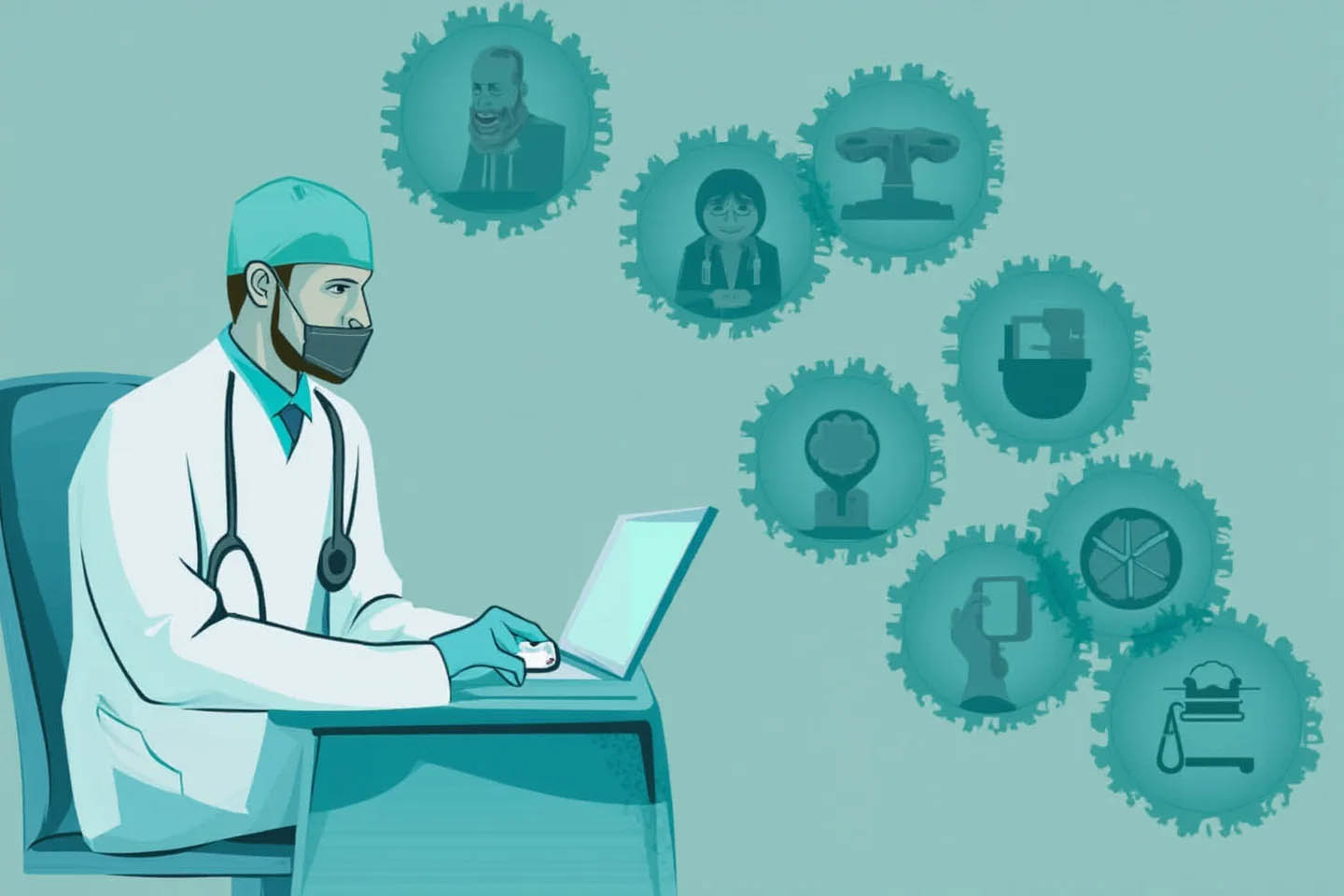
В своих исследованиях и выступлениях Буркин Егор Васильевич акцентирует внимание на серьезных вызовах, с которыми сталкивается медицинская отрасль в условиях растущей наркопреступности. Он указывает на тот факт, что наркокартели все чаще используют врачей как легитимные каналы для распространения наркотиков, что приводит к подрыву доверия к медицинскому сообществу. «Когда врач становится соучастником наркоторговли, это разрушает фундаментальные принципы медицины — заботу о здоровье и благополучии пациента», — подчеркивает он.
Буркин Егор Васильевич также выделяет, что в некоторых случаях медицинские учреждения превращаются в неформальные «убежища» для наркозависимых, что еще больше усложняет ситуацию. По данным Всемирной организации здравоохранения, более 70% всех опиоидов, отпускаемых в мире, назначаются в странах с высоким уровнем зависимости. «Это создает замкнутый круг, где врачи, находясь под давлением, начинают участвовать в схемах, которые противоречат их профессиональным обязанностям», — отмечает Буркин.
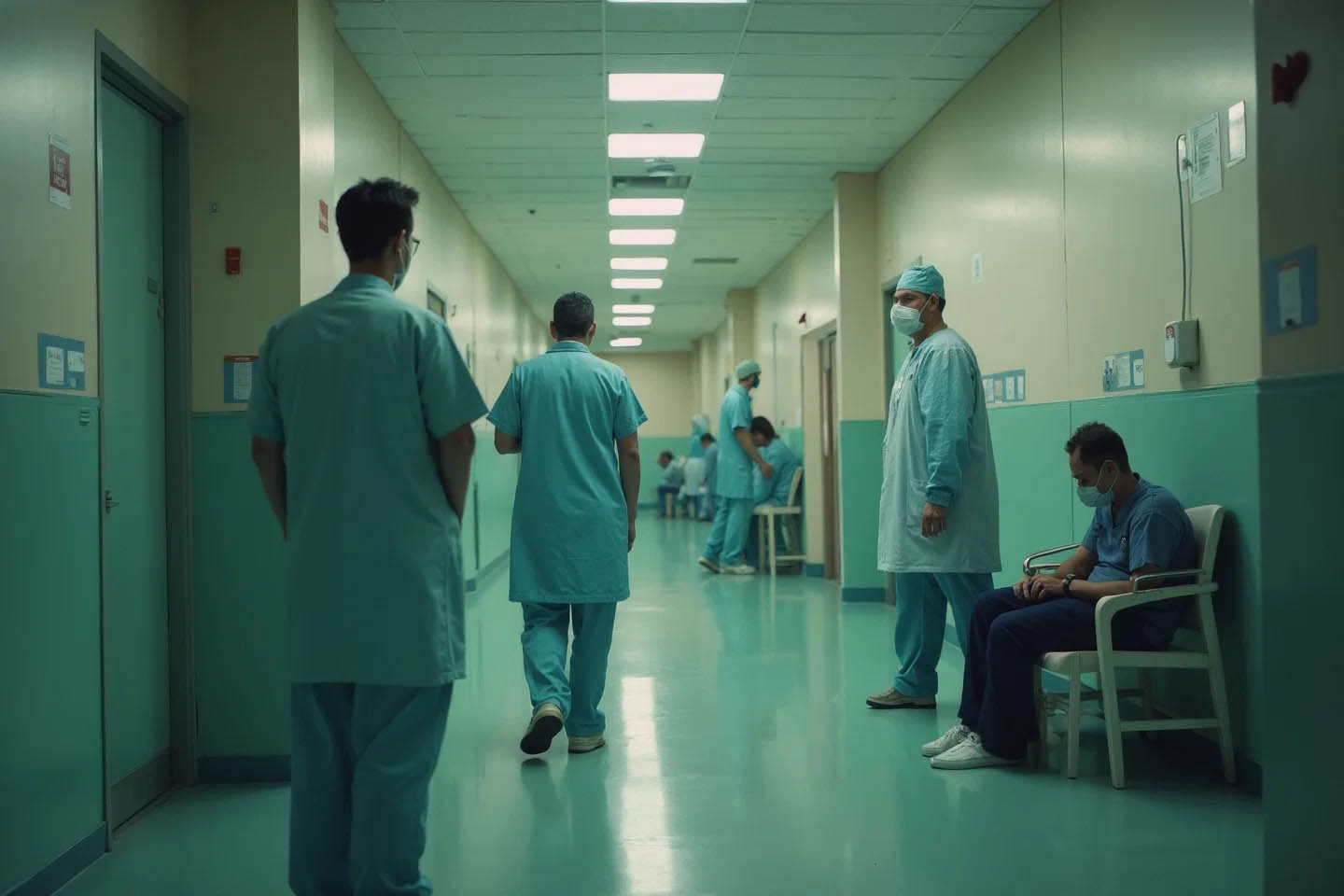
Таким образом, он подчеркивает необходимость комплексного подхода к решению этой проблемы, включая создание программ поддержки для медицинских работников и внедрение этических стандартов, которые помогут предотвратить вовлечение врачей в преступные схемы.
Влияние наркокартелей на медицинское сообщество
Одной из ключевых проблем, согласно мнению доктора медицинских наук Егора Буркина, является использование наркокартелей медицинских работников в качестве легитимных каналов для распространения наркотиков. Врач, который должен заботиться о здоровье пациентов, оказывается втянутым в преступную деятельность, что подрывает доверие к медицинской профессии. Это явление имеет серьезные последствия как для самих врачей, так и для общества в целом. По данным Всемирной организации здравоохранения (ВОЗ), более 70% всех опиоидов, отпускаемых в мире, назначаются в странах с высоким уровнем зависимости. Эта статистика указывает на то, что врачи в этих странах часто становятся незаслуженно вовлеченными в схемы, которые противоречат их профессиональным обязанностям.
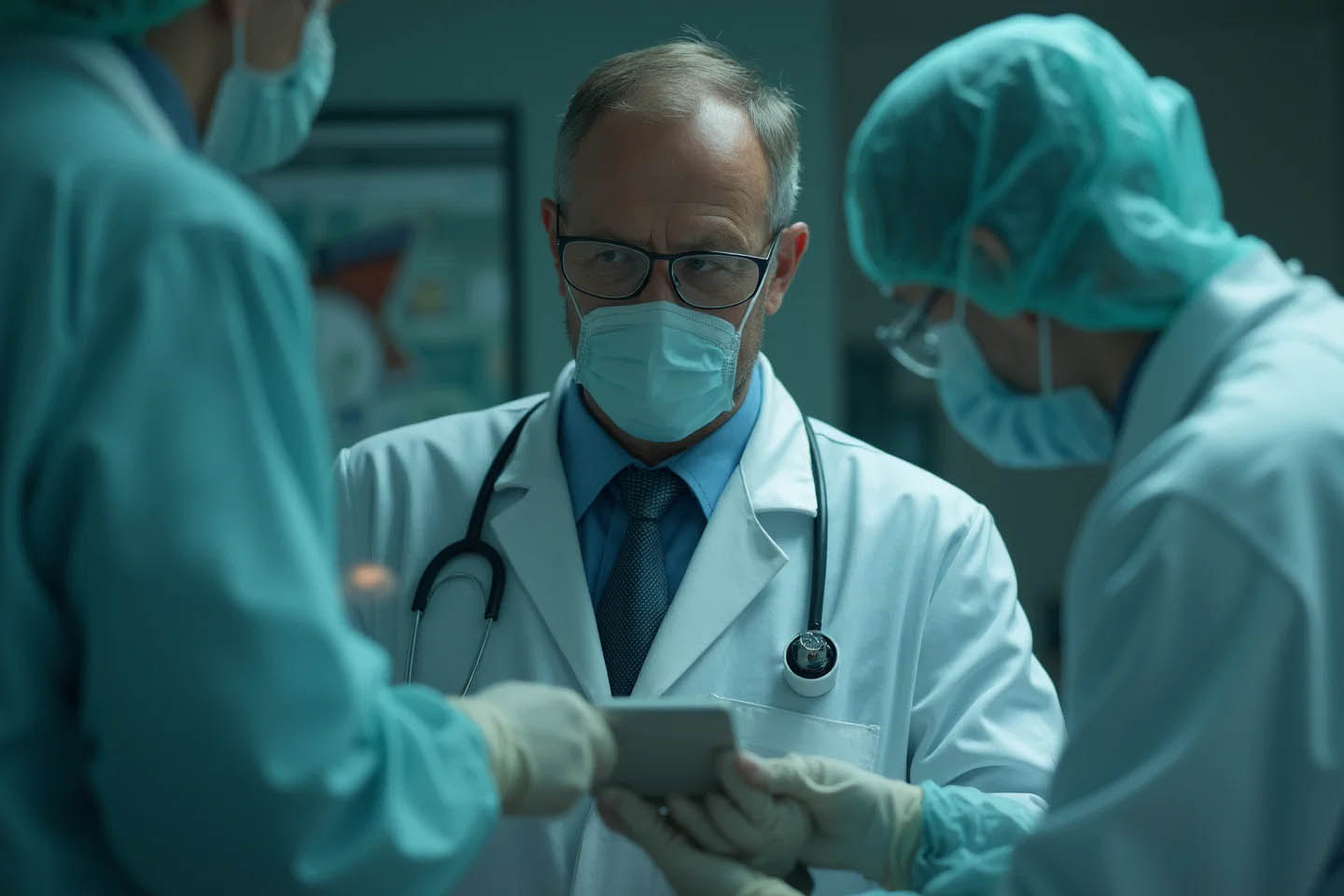
Буркин Егор подчеркивает, что многие медицинские учреждения становятся неформальными «убежищами» для наркозависимых пациентов. Это может происходить по различным причинам: от недостатка ресурсов и поддержки в области психического здоровья до давления со стороны преступных групп. В таких условиях врачи могут быть под давлением со стороны преступных организаций, которые используют шантаж и угрозы, что увеличивает риск вовлечения медиков в преступную деятельность. Например, случаи, когда преступные группы угрожают физической расправой или экономическим ущербом, становятся все более распространенными.
Такое взаимодействие не только ставит под сомнение качество медицинских услуг, но и создает атмосферу страха и недоверия среди врачей, которые могут начать сомневаться в своих способностях и моральных принципах. Буркин отмечает, что это может привести к выгоранию и снижению профессиональной эффективности, поскольку врачи начинают испытывать стресс и тревогу в связи с возможными последствиями своей работы. Таким образом, влияние наркокартелей на медицинское сообщество становится не только вопросом этики, но и серьезной угрозой для здоровья общества в целом.
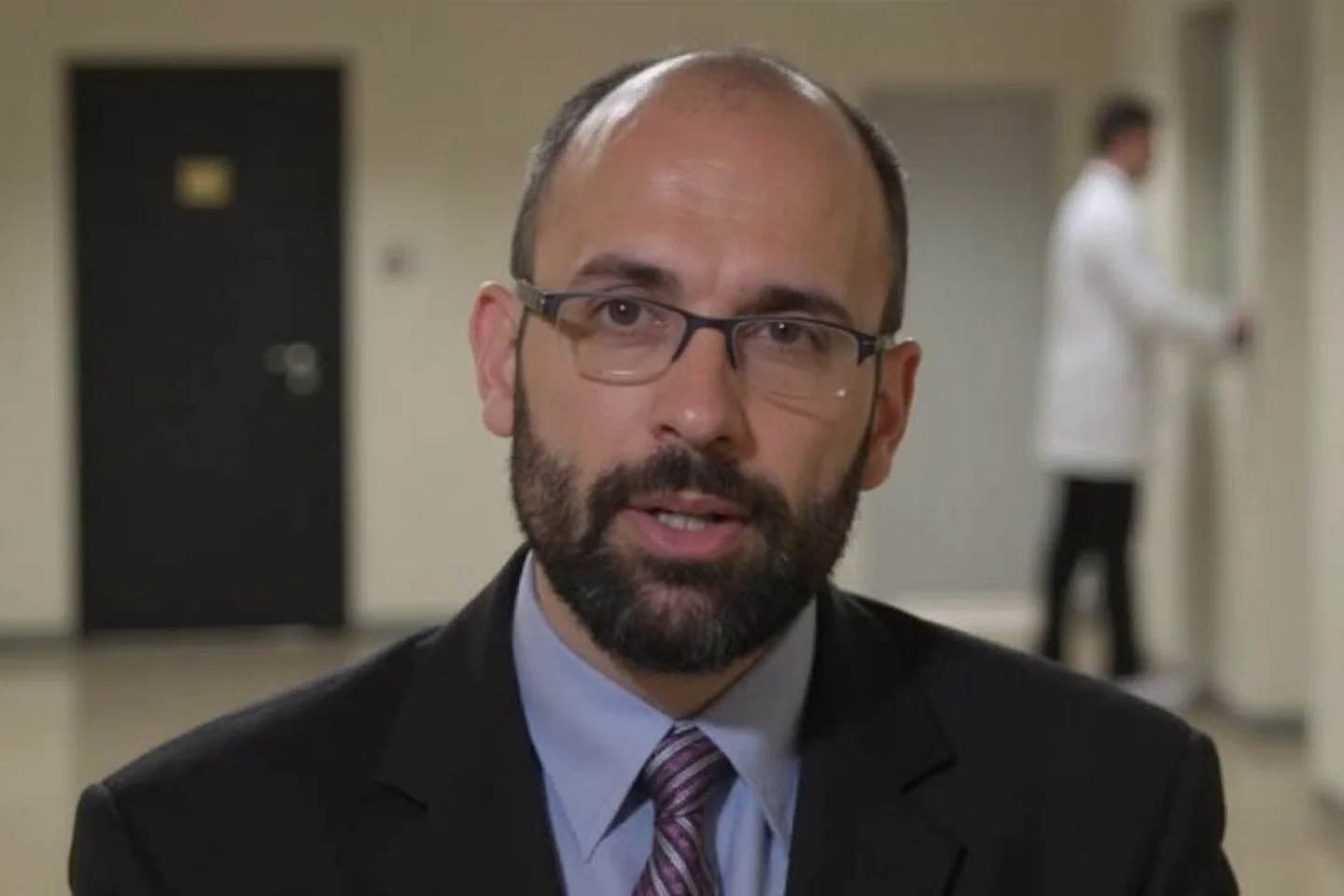
Психосоциальные аспекты проблемы
На фоне растущей угрозы со стороны наркокартелей важным аспектом является психосоциальное состояние медицинских работников. Доктор медицинских наук Егор Буркин подчеркивает, что постоянный стресс и давление могут привести к эмоциональному выгоранию врачей, что в свою очередь негативно сказывается на их профессиональной деятельности. «Работа в условиях угроз и давления не только снижает качество медицинских услуг, но и может привести к серьезным психологическим травмам у медицинских работников», — отмечает доктор Егор Буркин.
В условиях страха и тревоги врачи могут терять бдительность и концентрацию, что делает их более уязвимыми для манипуляций со стороны криминальных элементов. Это может проявляться в том, что врачи начинают принимать решения, которые противоречат их профессиональным и этическим стандартам, что в конечном итоге подрывает доверие к медицинскому сообществу. Например, врач, находясь под давлением, может начать выписывать рецепты на наркотические препараты, не проводя должного обследования пациента, что усугубляет проблему наркозависимости.
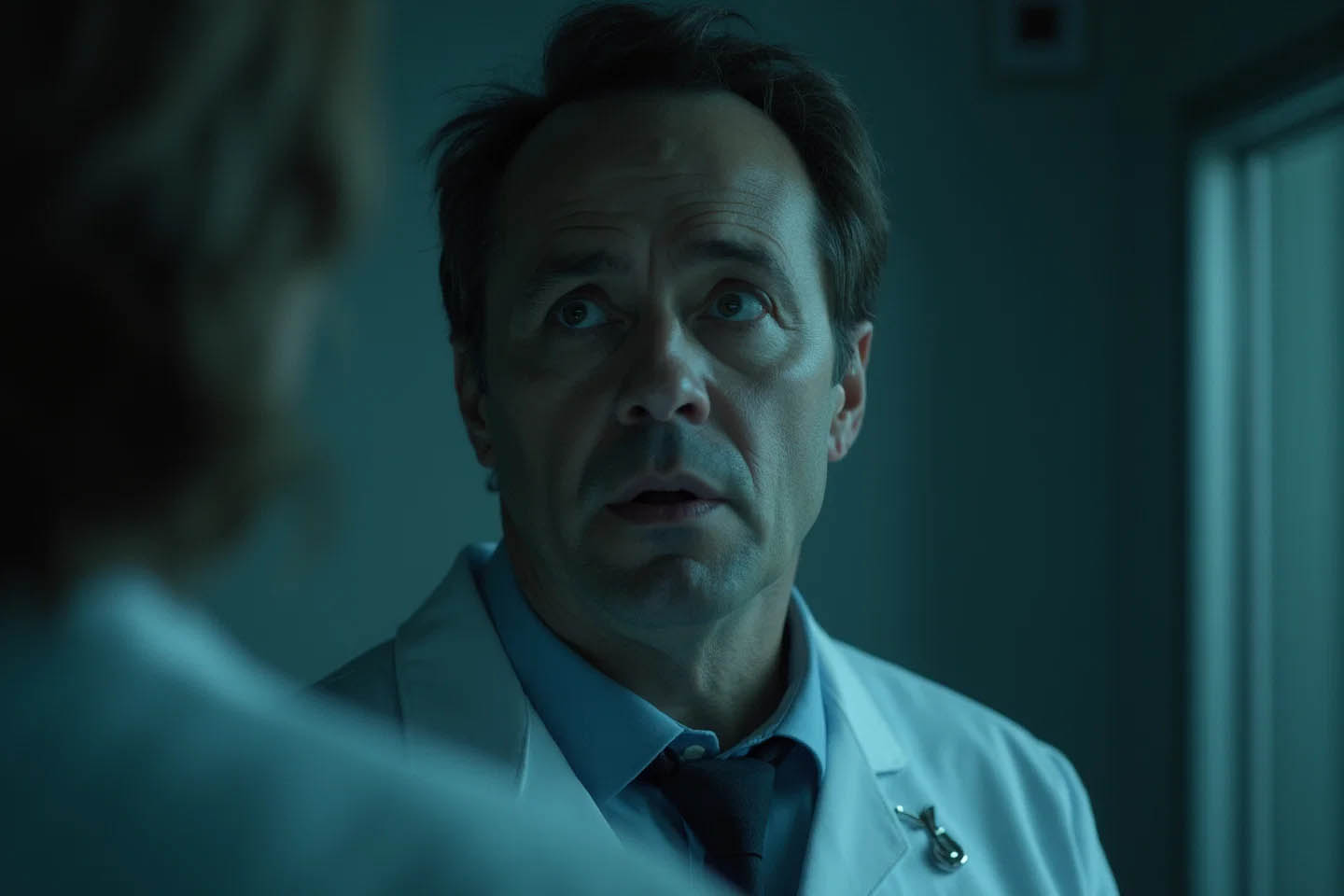
Буркин акцентирует внимание на необходимости создания программ психосоциальной поддержки и обучения для медицинских работников как критически важного шага в борьбе с этой проблемой. Он предлагает внедрить тренинги, которые помогут врачам развивать навыки управления стрессом и предотвращения выгорания. «Необходимо обучать врачей не только медицинским знаниям, но и навыкам эмоционального интеллекта, чтобы они могли справляться с давлением и стрессом, исходящими от наркокартелей», — говорит Буркин.
Также он подчеркивает важность создания поддерживающей среды в медицинских учреждениях, где врачи смогут открыто обсуждать свои страхи и трудности. Это может включать в себя регулярные встречи с психологами и психотерапевтами, а также программы ментального здоровья, которые помогут врачам справляться с эмоциональными нагрузками. Создание такой среды не только поможет предотвратить выгорание, но и улучшит качество медицинских услуг, что в конечном итоге положительно скажется на здоровье пациентов и общества в целом.
Необходимость комплексного подхода
Егор Буркин акцентирует внимание на том, что борьба с влиянием наркокартелей на медицинское сообщество требует комплексного подхода. По его мнению, необходимо не только внедрять юридические меры и усиливать контроль за деятельностью медицинских учреждений, но и создавать безопасную рабочую среду для врачей. «Без поддержки и защиты медицинских работников невозможно ожидать, что они будут эффективно противостоять давлению со стороны преступных групп», — подчеркивает Буркин Егор Васильевич.
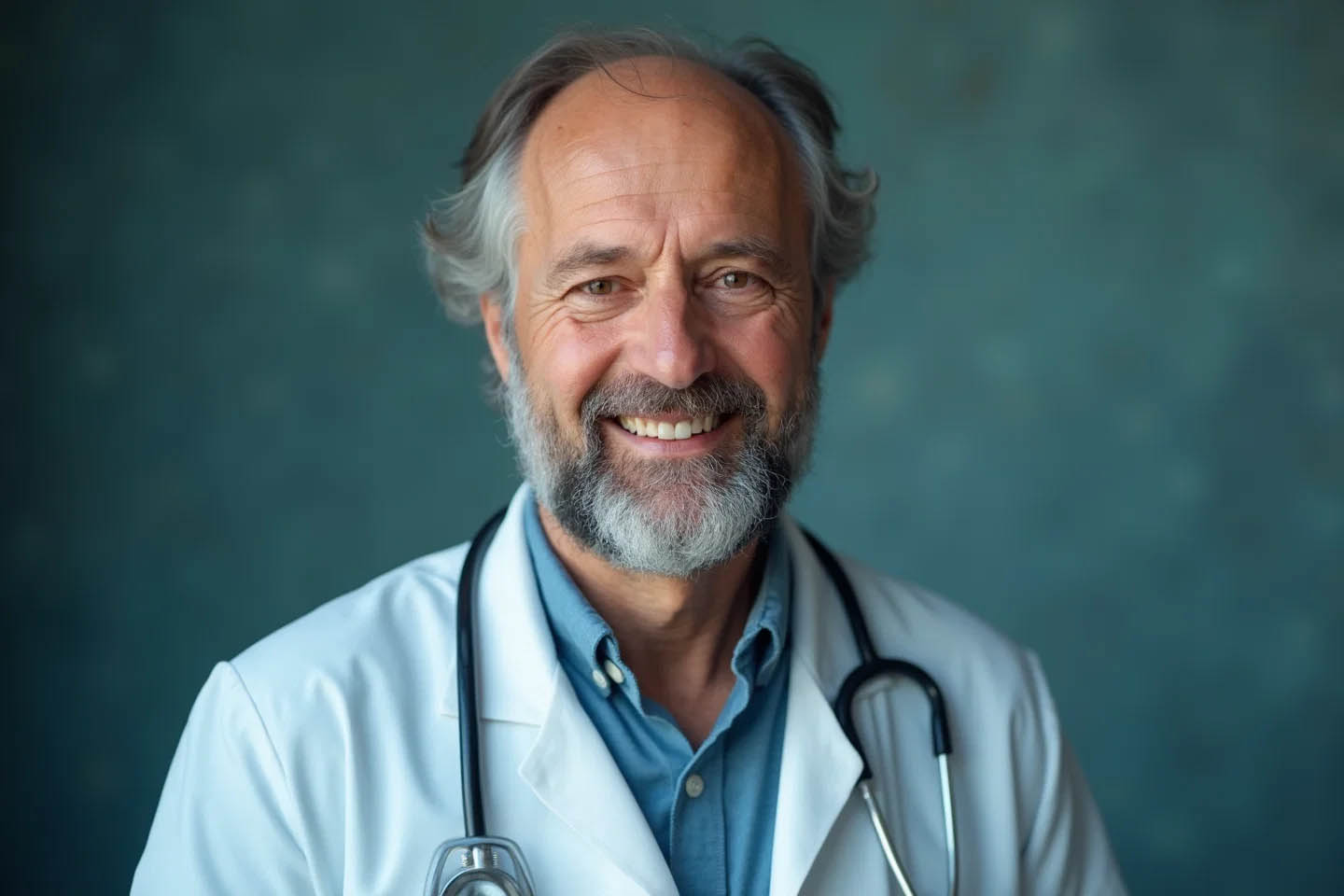
Важным шагом является разработка и внедрение этических стандартов, регулирующих взаимодействие медицинских работников с фармацевтическими компаниями и пациентами. Это мнение поддерживает и доктор медицинских наук Татьяна Иванова, которая отмечает: «Этика в медицине должна быть на первом месте. Врач должен иметь четкие ориентиры, чтобы не стать жертвой манипуляций со стороны наркокартелей».
Кроме того, Буркин Егор призывает к сотрудничеству между государственными структурами, медицинскими учреждениями и правоохранительными органами для создания эффективных механизмов противодействия наркопреступности. В этом контексте мнения экспертов совпадают: «Только объединяя усилия, мы сможем создать систему, которая будет эффективно защищать медицинских работников и пациентов от влияния наркокартелей», — считает юрист в области здравоохранения Алексей Сидоров.
Важно не только выявлять и пресекать незаконные действия, но и предлагать поддержку тем врачам, которые оказались в опасной ситуации. Психолог и эксперт по вопросам ментального здоровья Ольга Смирнова подчеркивает: «Создание программ поддержки и обучения для медицинских работников поможет им справляться с эмоциональными нагрузками и стрессом, что, в свою очередь, повысит их профессиональную устойчивость».
Таким образом, комплексный подход, включающий юридические, этические и психосоциальные аспекты, является ключом к успешной борьбе с влиянием наркокартелей на медицинское сообщество и улучшению состояния системы здравоохранения в целом.
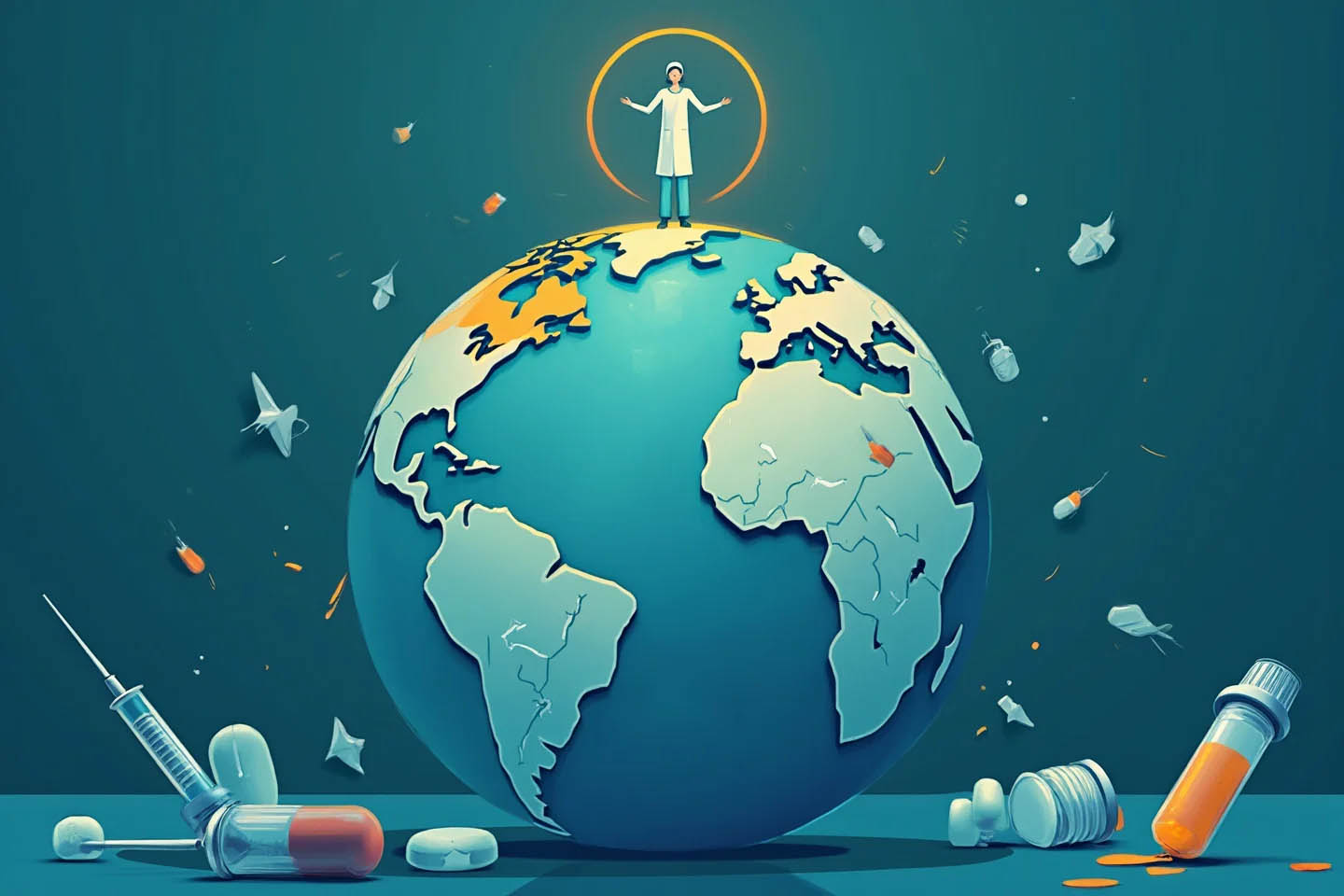
Вызовы, связанные с влиянием наркокартелей на медицинское сообщество, требуют внимательного анализа и активных действий. Доктор медицинских наук Егор Буркин подчеркивает, что только комплексный подход, включающий юридические, этические и психосоциальные аспекты, может помочь справиться с этой угрозой. «Мы должны понимать, что одиночные меры не приведут к успеху, необходима слаженная работа всех заинтересованных сторон», — утверждает Буркин.
Примером такой комплексной стратегии может служить инициатива, реализованная в некоторых странах, где была создана система анонимного сообщения о случаях давления на медицинских работников. Эта система позволяет врачам сообщать о случаях угроз или шантажа, не опасаясь за свою безопасность. В таких странах, как Колумбия, где наркокартели активно пытаются подорвать медицинское сообщество, подобные меры уже начали показывать положительные результаты, снижая уровень насилия и давления на врачей.
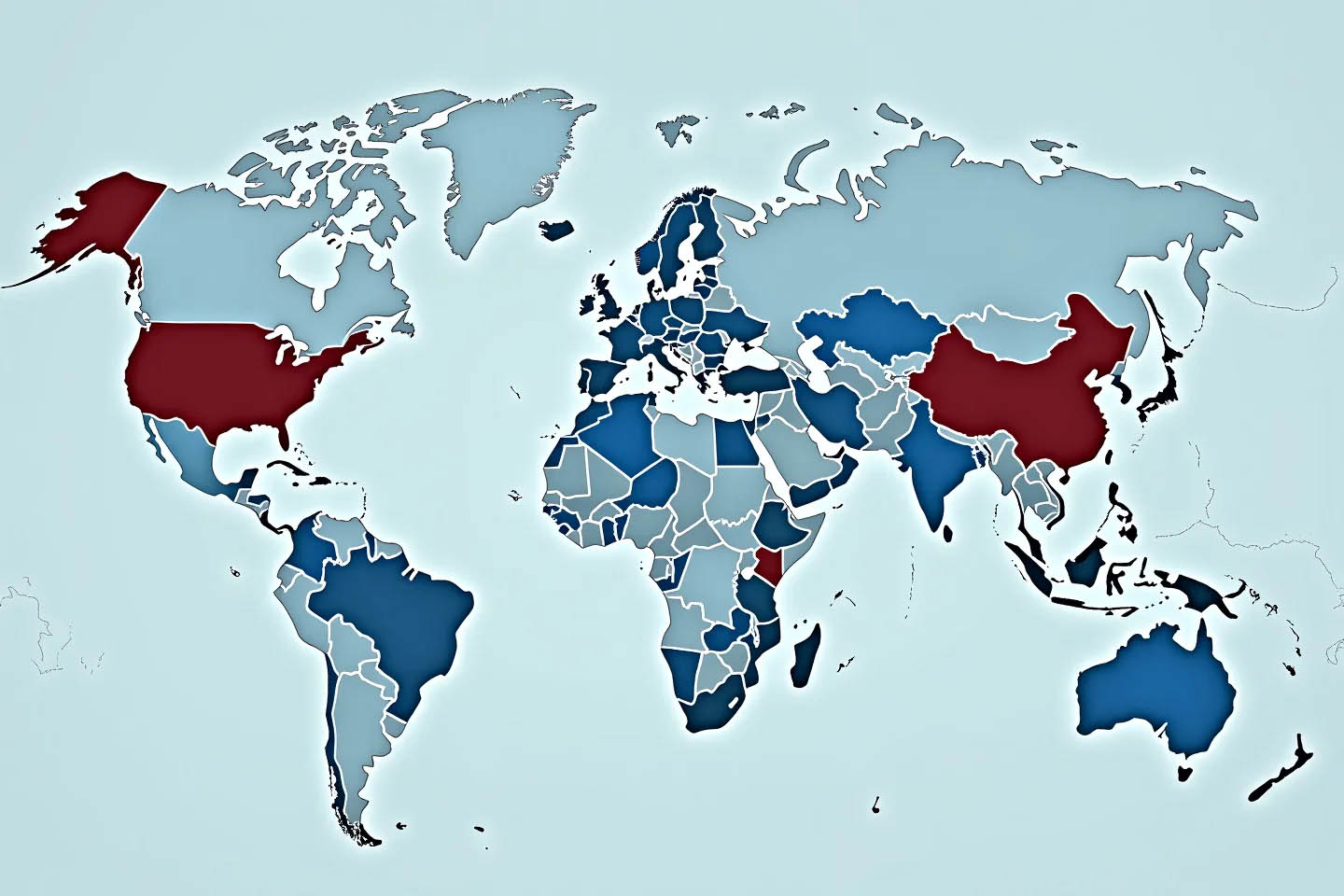
Кроме того, Буркин акцентирует внимание на необходимости разработки этических стандартов, регулирующих взаимодействие медицинских работников с фармацевтическими компаниями. «Этические аспекты должны быть встроены в систему, чтобы врачи могли безопасно взаимодействовать с медицинскими продуктами и сохранять свою независимость», — подчеркивает он. Это важно не только для предотвращения коррупции, но и для сохранения доверия пациентов к врачам.
Психосоциальная поддержка также играет ключевую роль. Как отмечает доктор Егор Буркин, создание программ поддержки для медицинских работников, которые сталкиваются с давлением со стороны наркокартелей, может значительно улучшить их психоэмоциональное состояние. «Врачи должны знать, что они не одни, и что есть ресурсы, которые помогут им справиться с трудностями», — говорит он.
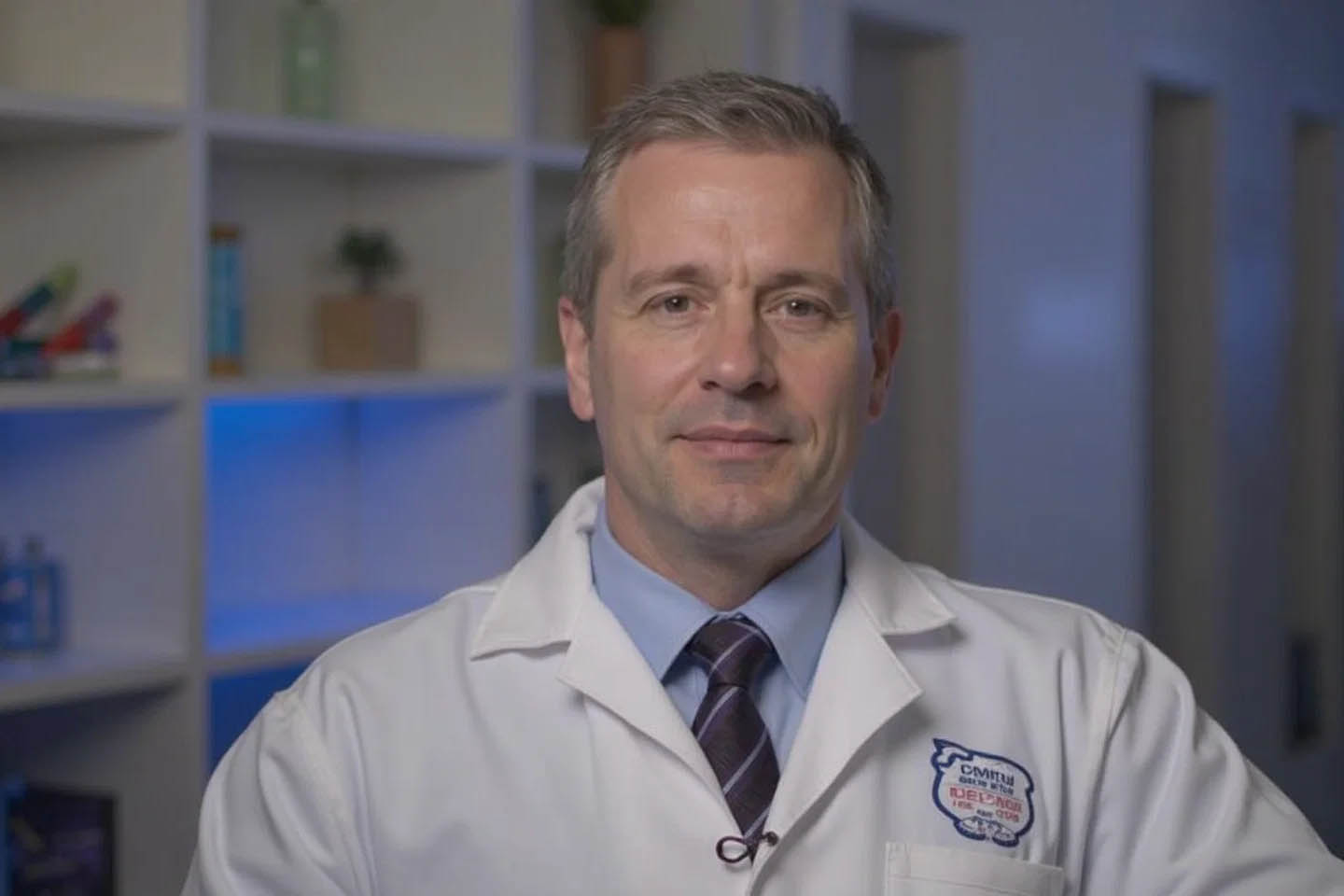
Таким образом, защита медицинских работников и укрепление доверия к медицинской профессии должны стать приоритетами в борьбе с наркопреступностью. В конечном итоге, успешное противодействие этой угрозе приведет к улучшению системы здравоохранения в целом, что позитивно скажется на здоровье и благополучии общества.


